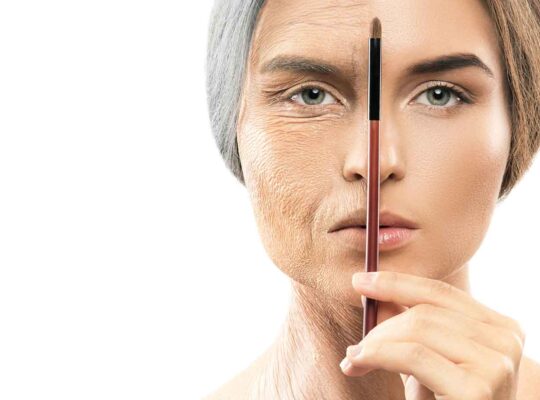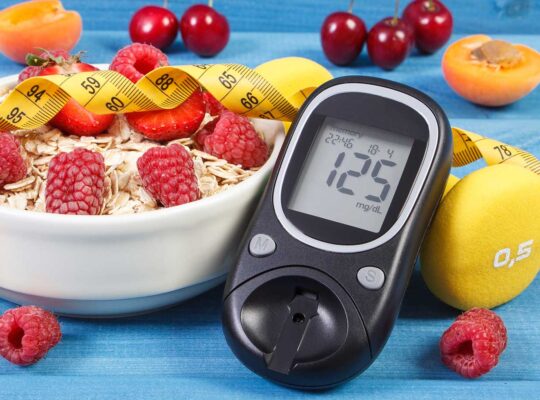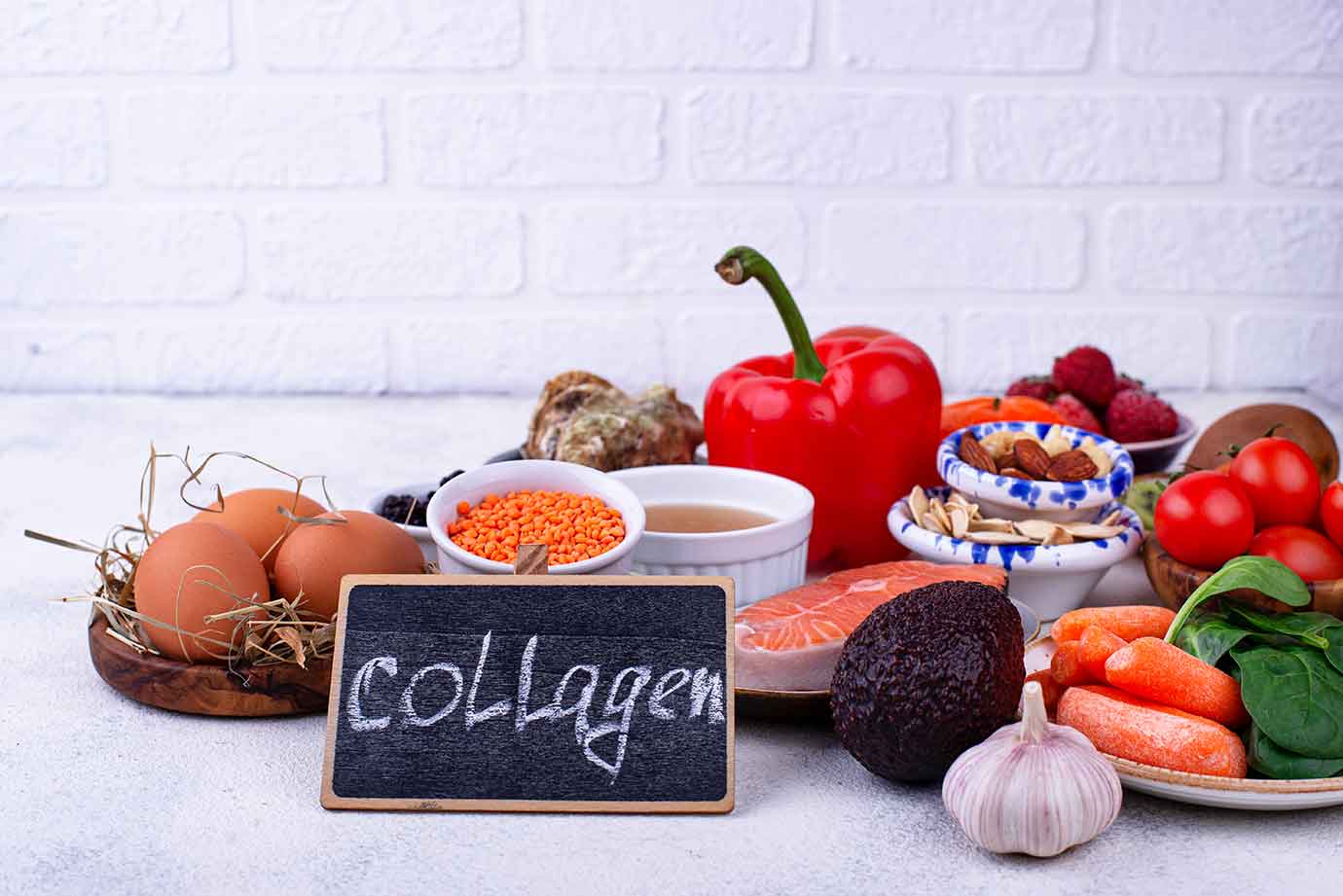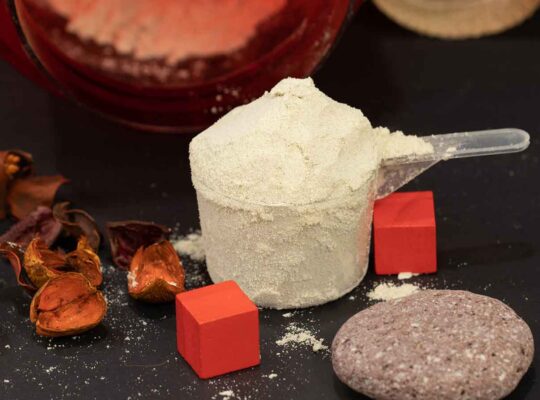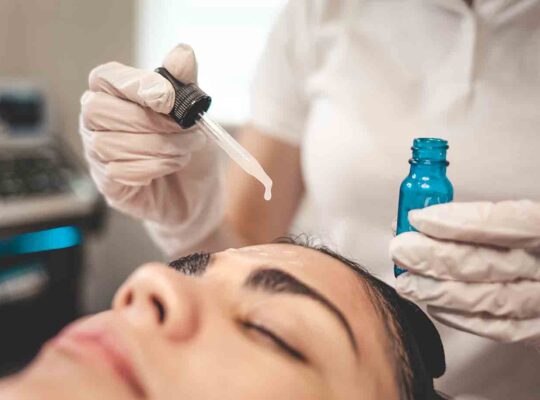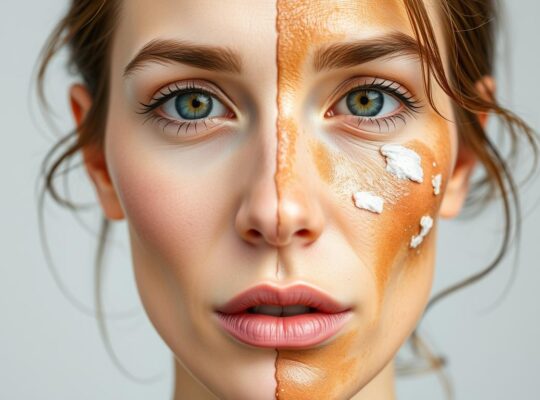Have you ever wondered why your skin loses its firmness or why wrinkles start appearing as you age? The answer lies in collagen, a vital protein that keeps your skin, joints, and connective tissues strong and resilient. But what exactly is collagen, and how can you naturally boost its production? Let’s dive into the details.
What is Collagen, and Why is it Important?
Collagen is the most abundant protein in your body, acting as the primary building block for your skin, tendons, bones, and connective tissues. Think of it as the glue that holds everything together. It’s what gives your skin its elasticity and strength, helps your joints stay flexible, and even supports the structure of your bones.
But here’s the catch: As you age, your body naturally produces less collagen. This decline starts as early as your mid-20s and accelerates in your 30s and beyond. As a result, your skin might start to sag, wrinkles may appear, and your joints could become stiffer. So, how can you naturally boost collagen production and maintain that youthful glow?
Nutrient-Rich Diet: The Foundation for Collagen Production
Key Nutrients for Collagen Synthesis
The saying “you are what you eat” holds true when it comes to collagen. Your body needs specific nutrients to produce collagen effectively.
- Vitamin C: This is the superstar when it comes to collagen synthesis. Vitamin C plays a critical role in stabilizing and cross-linking collagen molecules. You can find it in citrus fruits, strawberries, bell peppers, broccoli, and dark leafy greens. Without enough vitamin C, your body can’t produce collagen efficiently.
- Proline and Glycine: These amino acids are essential for collagen production. Foods like egg whites, bone broth, and dairy products are excellent sources. Glycine, in particular, is abundant in gelatin, which is why bone broth is often touted as a collagen-boosting superfood.
- Zinc and Copper: These minerals are crucial for collagen formation. Zinc is found in nuts, seeds, and seafood, while copper can be sourced from cashews, spinach, and sesame seeds. Together, they help maintain and rebuild collagen in your body.
- Silicon: This mineral stimulates the production of collagen, especially type I collagen, which makes up the majority of the collagen in your body. You can get silicon from foods like oats, bananas, and green beans.
| Nutrient | Function | Food Sources |
|---|---|---|
| Vitamin C | Essential for collagen synthesis | Citrus fruits, strawberries, bell peppers |
| Proline & Glycine | Amino acids vital for collagen | Egg whites, bone broth, dairy products |
| Zinc | Supports collagen formation | Nuts, seeds, seafood |
| Copper | Helps maintain and rebuild collagen | Cashews, spinach, sesame seeds |
| Silicon | Stimulates type I collagen production | Oats, bananas, green beans |
Foods to Avoid for Better Collagen
It’s not just about what you eat—what you avoid is equally important for collagen health.
- Sugar: High sugar intake leads to a process called glycation, where sugar molecules attach to collagen fibers and weaken them. This results in stiffer, less elastic skin and promotes wrinkles.
- Processed Foods: These foods are often high in unhealthy fats, sugars, and additives, which can cause inflammation and damage collagen.

Lifestyle Habits to Enhance Collagen Levels
While a collagen-friendly diet is essential, your lifestyle choices also play a significant role in maintaining and boosting collagen levels.
Regular Exercise
Exercise isn’t just good for your heart and muscles; it’s also great for your skin.
- Resistance Training: Lifting weights or doing bodyweight exercises stimulates muscle growth, which in turn encourages collagen synthesis in your skin and connective tissues.
- Yoga: This form of exercise not only improves flexibility but also increases collagen production by enhancing circulation and reducing stress, which is a known collagen killer.
Adequate Sleep
Sleep is often called “beauty rest” for a reason. During deep sleep, your body releases human growth hormone (HGH), which plays a critical role in collagen production.
- Aim for 7-9 hours of sleep per night to maximize HGH release and support your body’s natural repair processes.
Sun Protection
While we all love a bit of sunshine, too much UV exposure can be detrimental to your skin’s collagen.
- Wear Sunscreen: Protecting your skin from UV rays is crucial to preserving collagen. Daily use of sunscreen helps prevent the breakdown of collagen fibers, which can lead to wrinkles and age spots.
- Avoid Tanning Beds: Tanning beds emit UVA rays that are even more harmful than natural sunlight, accelerating collagen degradation and skin aging.
Topical Treatments and Skincare for Collagen Boost
In addition to diet and lifestyle, your skincare routine can significantly impact collagen levels in your skin.
Topical Vitamin C
Using a vitamin C serum can directly stimulate collagen production in the skin.
- Benefits: It helps reduce wrinkles, improves skin elasticity, and brightens your complexion. Look for serums with high concentrations of vitamin C for the best results.
Retinoids
Retinoids are derivatives of vitamin A that are known for their powerful anti-aging effects.
- How They Work: Retinoids promote collagen production by speeding up cell turnover and stimulating new collagen synthesis. Over time, this can lead to firmer, more youthful-looking skin.
Exfoliating Acids
Using products with hydroxy acids, such as glycolic acid, can also promote collagen production.
- Exfoliation Benefits: These acids help remove dead skin cells, revealing fresher skin underneath and stimulating the production of new collagen. Regular use can improve skin texture and reduce the appearance of fine lines.
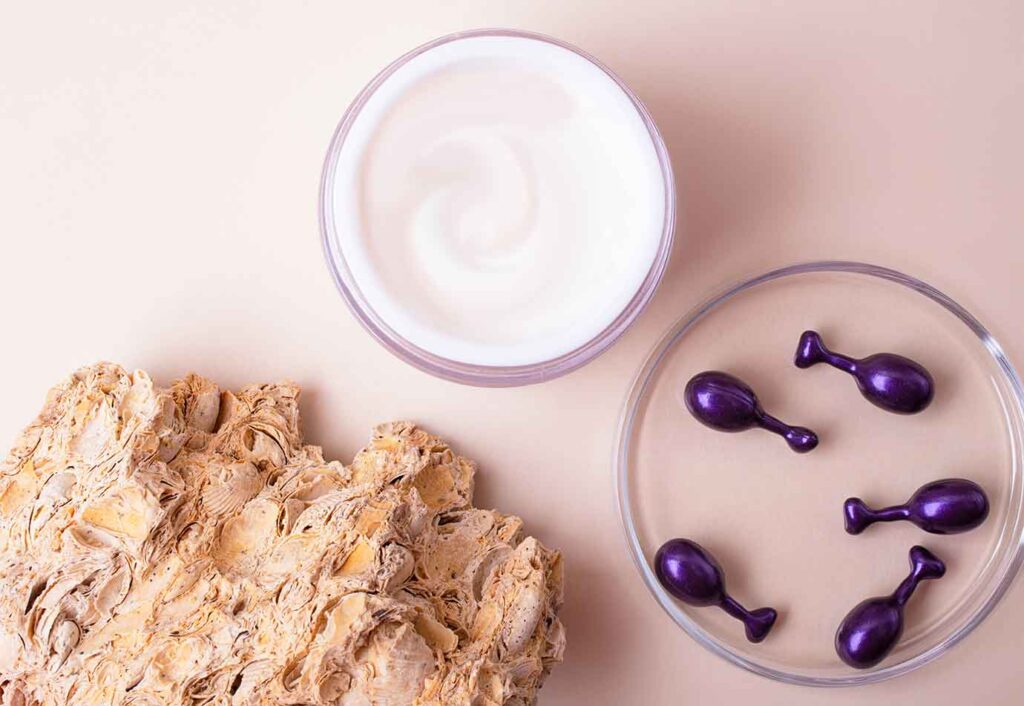
The Role of Supplements in Collagen Production
While you can get most of the nutrients needed for collagen production from food, supplements can be a convenient way to ensure you’re meeting your needs.
Collagen Peptides
Hydrolyzed collagen supplements, also known as collagen peptides, are popular for their potential skin and joint benefits.
- Absorption: These peptides are broken down into smaller molecules that are easier for your body to absorb. Some studies suggest that taking collagen peptides can help improve skin hydration, elasticity, and overall appearance.
Hyaluronic Acid
Hyaluronic acid is another supplement that can indirectly support collagen production by keeping your skin hydrated.
- Moisture Retention: Hyaluronic acid helps your skin retain moisture, which is essential for maintaining a healthy, collagen-rich complexion.
Conclusion: Take Control of Your Collagen Levels
Boosting your collagen production naturally doesn’t require drastic changes—just smart, informed choices. By eating a nutrient-rich diet, adopting healthy lifestyle habits, and incorporating effective skincare routines, you can maintain your skin’s elasticity, keep your joints flexible, and enjoy a youthful appearance for years to come.
Remember, collagen is like the glue that holds your body together. With the right care, you can keep it strong and vibrant, no matter your age.
FAQ: Boosting Collagen Production Naturally
Q: Can you really boost collagen production naturally?
A: Yes! Through a balanced diet rich in collagen-supporting nutrients, regular exercise, good sleep habits, and proper skincare, you can naturally enhance your body’s collagen production.
Q: Are collagen supplements effective?
A: While dietary collagen can be broken down by stomach acids, hydrolyzed collagen peptides are more easily absorbed and may offer skin and joint health benefits.
Q: What foods should I avoid to protect my collagen?
A: High sugar foods and processed foods should be limited as they can lead to glycation, which damages collagen fibers.
Q: How does sleep affect collagen?
A: During deep sleep, your body releases HGH, which supports collagen production. Adequate sleep is crucial for maintaining healthy collagen levels.


